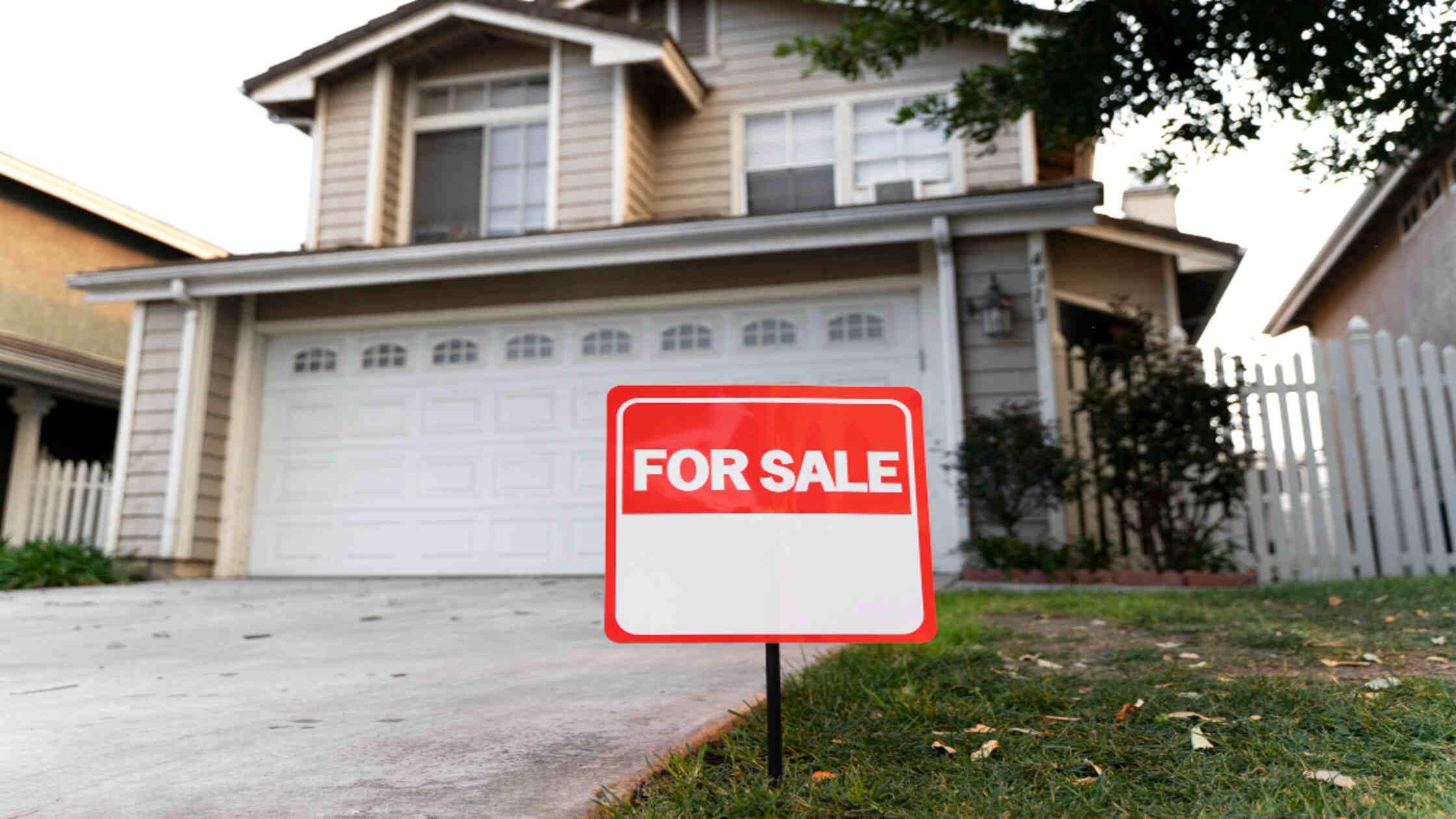
Pennsylvania squatter's rights are a unique challenge for property owners, blending legal complexities with practical difficulties. In 2025, understanding these rights is more important than ever, as squatters can sometimes gain protections that complicate eviction efforts. This guide provides a detailed exploration of the law, step-by-step strategies for dealing with squatters, and proactive measures to secure your property.
What Are Squatter Rights in Pennsylvania?

Squatter rights, also referred to as adverse possession, allow individuals who occupy land or property without permission to potentially gain legal ownership under specific circumstances. In Pennsylvania, these laws are rooted in historical practices designed to ensure land usage and discourage property neglect.
Does Pennsylvania have squatter rights?
Under Pennsylvania law, squatters must meet stringent conditions to claim adverse possession. If these requirements are fulfilled, they could potentially gain legal title to the property, effectively transforming their unauthorized occupancy into lawful ownership.
Key Requirements for Adverse Possession in Pennsylvania
For a squatter to claim adverse possession in Philadelphia, several key conditions of squatter rights in Philadelphia must be met:
- Continuous possession: The squatter must occupy the property continuously for at least 21 years. Temporary absences or shared usage with the owner typically invalidate the claim.
- Exclusive use: The squatter must have sole possession of the property, acting as if they are the rightful owner. Shared use with others, including the legal owner, does not qualify.
- Hostile claim: This does not imply aggression but rather means that the squatter occupies the property without the owner's permission. Any agreement, even verbal, negates this requirement.
- Actual possession: The squatter must physically use the property, such as living on it, farming, or maintaining the land. Simply claiming ownership without active use does not meet this criterion.
- Color of title or claim of right: While not always required, having documentation or a reasonable belief of ownership strengthens the adverse possession claim.
The Legal Difference Between Squatting and Trespassing
While squatting and trespassing may seem similar, Pennsylvania law distinguishes between the two based on intent and legal implications.
- Trespassing: Trespassers enter or remain on someone else’s property without permission and typically do so without any claim to ownership. Trespassing is a criminal offense and can lead to immediate removal by law enforcement.
- Squatting: Squatters occupy a property without permission but with the intent of claiming ownership through adverse possession. Squatting laws in PA are not immediately considered a criminal act if the squatter meets specific legal requirements and is not actively damaging the property.
Understanding this distinction determines how law enforcement or legal systems can address unauthorized occupants and whether immediate removal is possible.
How to Protect Your Property from Squatters in Pennsylvania

Sometimes, squatters can pose significant challenges for property owners in Pennsylvania. Therefore, you should learn how to implement preventative strategies and respond promptly to unauthorized occupants.
6 Steps to Legally Remove Squatters in Pennsylvania
Removing squatters from property in Pennsylvania involves a series of steps, starting with verifying their status and proceeding through formal eviction processes.
- Verify the Squatter's Status: Before taking any legal action, confirm the individual is indeed a squatter with no legal rights to the property. They should not have a lease agreement, written permission, or any ownership claim.
- Issue a Written Notice: Once you’ve confirmed that the person is a squatter, the next step is to serve them with a written notice. This squatter's notice to vacate should clearly state the demand for them to vacate the property. Pennsylvania law typically requires a 10-day notice before any legal action can be taken.
- File an Unlawful Detainer Lawsuit: If the squatter fails to leave after receiving the notice, you will need to file an unlawful detainer lawsuit in court. This legal action is necessary to begin the formal eviction process. The lawsuit requires documentation proving ownership and the squatter’s unauthorized status.
- Attend the Court Hearing: After filing the lawsuit, a court hearing will be scheduled, usually within 7-10 days. During this hearing, you must present all relevant evidence, such as the notice given to the squatter and proof of ownership of the property. The court will review the case and decide whether an eviction order is warranted.
- Obtain and Enforce the Court Order: If the court rules in your favor, it will issue a writ of possession. This official order gives the squatter a specific time to vacate, usually within 10 days.
- Coordinate with Local Authorities for Eviction: The final step is to work with local authorities to carry out the eviction. The law enforcement officers will assist in removing the squatter in accordance with the court’s order.
Checklist for Property Maintenance to Prevent Squatters
Prevention is always better than cure. Keeping your property well-maintained and secure can go a long way in deterring squatters from attempting to occupy your land.
Here are some tips to help you protect your property:
- Use deadbolts, reinforced locks, and window security bars, especially for vacant properties.
- Inspect the property every 30 days or after tenant turnover.
- Install signs on all visible boundaries of your property to deter unauthorized entry and establish intent against squatting.
- Schedule frequent visits to check for unauthorized occupancy, damage, or signs of forced entry.
- Equip the property with cameras, motion-activated lights, and alarm systems.
- Encourage nearby residents to report any suspicious activity. Share your contact information and check in with them at least monthly for updates.
Legal Remedies for Property Owners Facing Squatters
When faced with squatters, property owners in Pennsylvania have several legal remedies to protect their rights. From initiating the eviction process to seeking professional legal advice, property owners must follow state laws and guidelines to address squatting issues effectively.
Eviction Process in Pennsylvania
The eviction process in Pennsylvania begins with serving a written notice to the squatter, typically providing them with at least 10 days to vacate the property voluntarily. If the squatter fails to comply, property owners can file an unlawful detainer lawsuit. The court will then schedule a hearing, usually within 7-10 days, where the property owner must present evidence, such as proof of ownership and the notice served.
Consulting Legal Professionals
An attorney experienced in property law can provide guidance, ensure all legal steps are followed, and represent property owners in court if necessary. Consulting legal professionals early in the process can also help avoid procedural errors and expedite the resolution of squatting issues.
Recent Pennsylvania Laws Addressing Squatters (2025 Update)
To strengthen property rights and address the challenges posed by squatters, Pennsylvania has recently updated its laws. Among these updates, Act 88 stands out as a significant legislative measure.
Act 88: Protection of Property Rights
Act 88, enacted in 2025, reinforces the rights of property owners by streamlining the eviction process for dealing with squatters. This law introduces stricter penalties for unauthorized occupancy and reduces the timeframe for court proceedings. For example, the act mandates faster hearings for unlawful detainer cases. Act 88 provides property owners with more effective tools to address squatting issues while safeguarding their investments.
Conclusion
Dealing with squatters in Pennsylvania requires a thorough understanding of Pennsylvania squatter's rights and legal remedies. Remember to act quickly, follow Pennsylvania's eviction laws, and seek legal advice when needed. With proactive measures and professional support, you can safeguard your investments and avoid the stress of squatting laws in PA disputes.
Frequently Asked Questions (FAQs)
Q1: Can a property owner remove a squatter without going to court?
No, self-help evictions, such as changing locks or forcibly removing squatters from property, are illegal in Pennsylvania. Property owners must follow the formal eviction process, which includes serving notice, filing a lawsuit, and obtaining a court order to remove the squatter.
Q2: Can squatters take your home in Pennsylvania?
Yes, under specific circumstances, squatters can claim ownership of your property through adverse possession Philadelphia laws. To succeed, the squatter must occupy the property openly, continuously, and without permission for at least 21 years. They must also meet other legal requirements, such as paying property taxes in some cases.
Q3: What preventive measures can I take to avoid squatters?
To deter squatters, regularly inspect your property, ensure it is secured with locks or fences, and maintain a visible presence. Posting “No Trespassing” signs and installing security systems can also discourage unauthorized entry.


